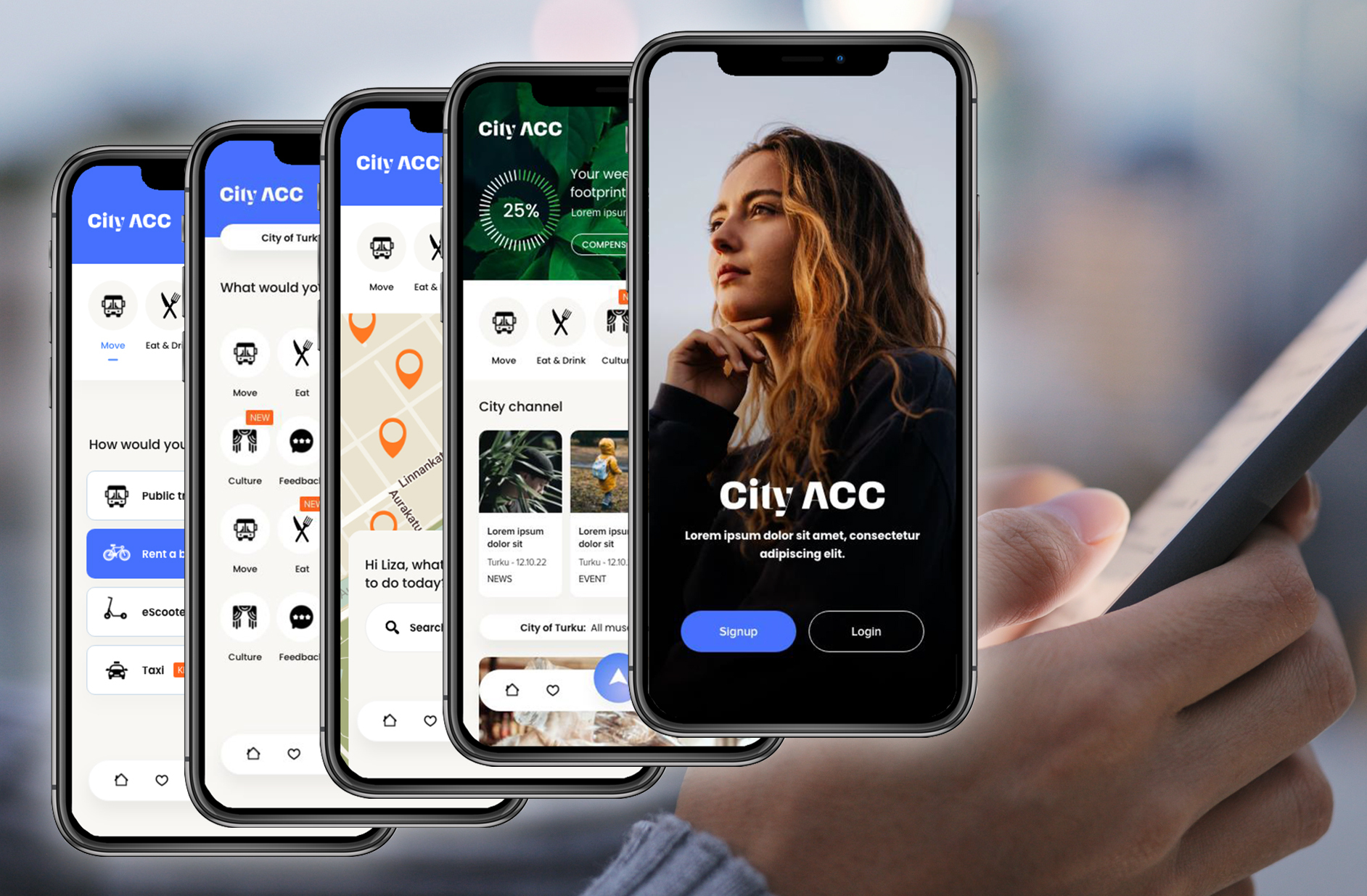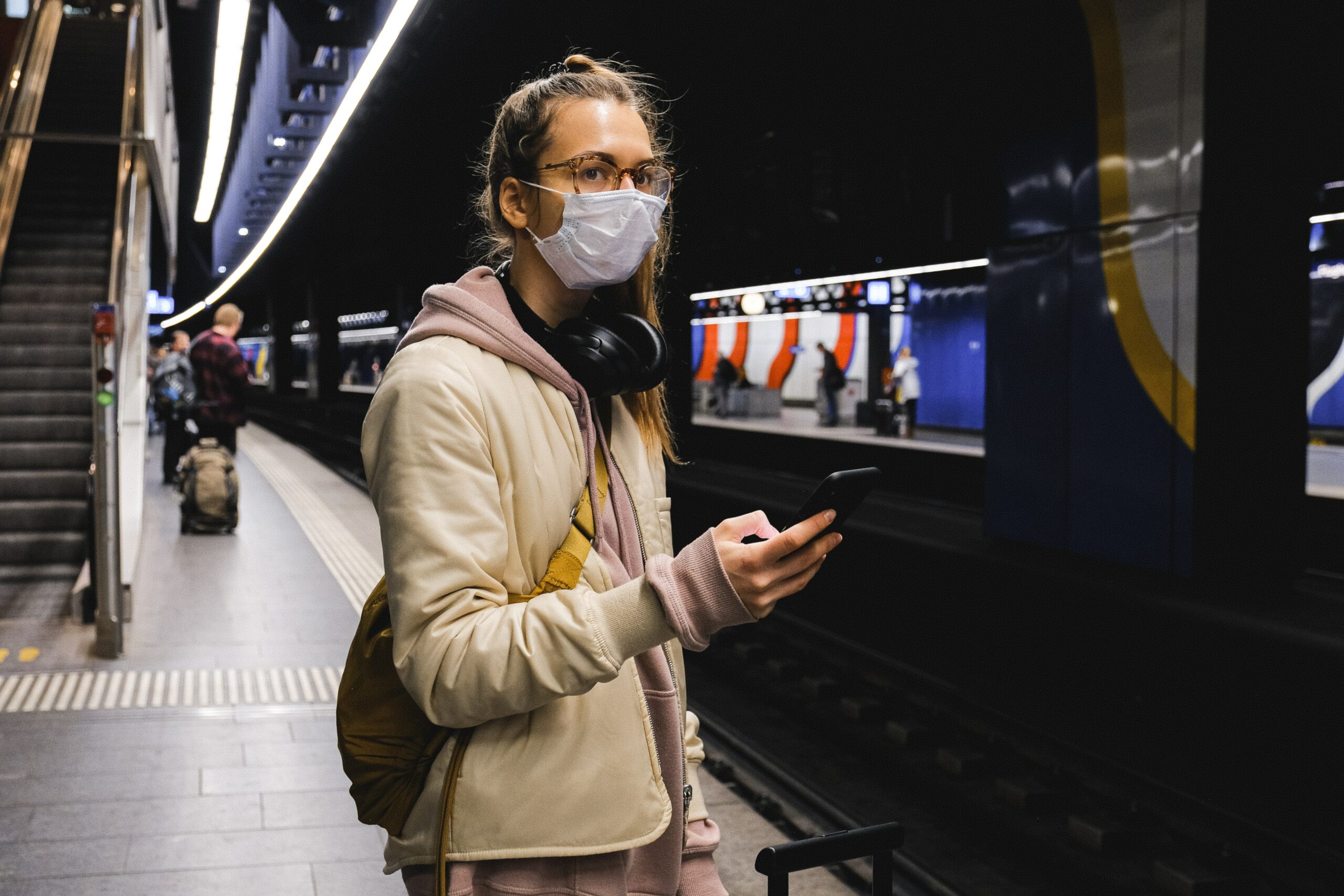By Tuomo Parjanen
CEO of PayiQ
The past year has been one of steady development and some profound strategic insights and changes for PayiQ. The steady development are the things we were after. The ticketing business that runs on our platform doubled in 2019 as well as our turnover. Our revenue in Sweden grew by 20% and today the ticketing there runs on our platform, and not on a local one any more. In Russia we are preparing to launch in five new cities during the coming months.
But the strategic changes that we made, due to how the smart mobility space is developing and what our customers tell us, are what excite us the most. A few years ago we started off by building ticketing apps, custom and white label, but it has become increasingly clear to us that the app space is crowded and what is really needed is deep and safe integration of different members of the emerging ecosystems: transportation providers, ticketing applications, payment solutions, and traffic planning to begin with. There is a role for everyone in these ecosystems, but you need a technology and camp agnostic integrator that offers open interfaces and is prepared to share data. This is our core offering and our place in the whole. In the air travel industry one of the most important platforms that makes searching, ticketing, seating and integrating flights possible is called Amadeus. It is barely visible to end customers but an indispensable tool to airlines and travel agencies. We seek to have a similar role in ground transportation.
The other big shift that happened in 2019 was going from expanding through our own organization to scaling with partners. Opening your own shop in every country, maybe even city you go to, takes a huge effort and is energy away from developing the product and spending time with the customers. And since we have decided that our role is to be an ecosystem enabler, it is only natural that we work with ecosystem partners.
This strategy is bearing fruit already. We’ve partnered with Visa and their Mass Transit Team is already selling our solution like it were their own. We’ve started a strategic partnership with SkedGo and can now integrate their personalized trip planning and corporate mobility services to our platform. The deal we made in Russia would not have happened without a local partner. Our pipelines in Europe, North-America, Asia and Middle-East and Africa are bursting with opportunities we would not have had without partners that have presence in these regions. Instead of opening new offices we are now recruiting sales support staff that can help our partners to shine in their regions.
And what would a CEO’s blog at a year’s end be without a few predictions. What am I paying special attention to in the coming year?
Smart ticketing will thrive. The overall trend is of course my main focus and here I can rely on other people’s predictions. According to Grand View Research smart transportation will be a US$ 285 billion market already by 2024 with a compound annual growth rate of 22.5% over an eight-year forecast period. According to them the fastest growing segment within smart transportation is smart ticketing.
Mobility as a Service that has been something of an oddity will become mainstream. The reason is of course climate change. Even if governments find it difficult to agree on carbon goals, cities will not wait. For them MaaS is one of the answers. Grand View Research predicts overall market growth of 20% for MaaS and expects that already by 2023 2.3 billion private car journeys will be replaced with alternatives offered by MaaS.
We will see increasing activity in the corporate mobility market. Instead of messing with company cars, parking spaces and the status game involved with that, some companies will go green and start offering modern mobility services to their employees.
Data management will be based on sharing, not silos. An efficient ecosystem requires exchange of information. The leading cities get this and they will require the ecosystem partners to share information and participate in optimizing the whole offering instead of suffocating the physical space with overlapping but not interconnected hardware. The end customer will increasingly vote for those apps that provide wide, integrated and interlinked offering instead of cluttering their screens with multiple transportation apps.
And lastly, this is not a prediction, this is something I think I already know: 2020 will not be boring.
















